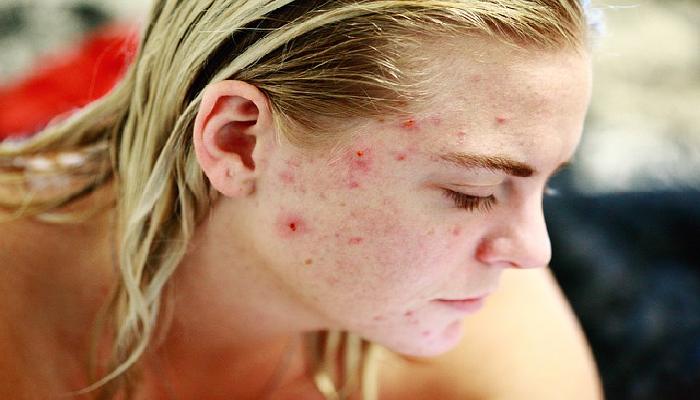Everyone wants a glowing complexion, but skincare problems like acne, dark spots, and redness always make this goal difficult. No issue how well you take care of your skin, sometimes these problems occur due to stress, hormones, environmental aggressors, and many other factors.Azelaic acid. is a new start for healthy Skincare.
Azelaic acid is a multifunctional ingredient for all skin types and also acts as an effective antioxidant, said Sheel Desai Solomon, M.D., certified dermatologist and founder of Preston Dermatology & Skin Surgery in North Carolina.
For skin tones that tend to appear, topical skin protection is particularly beneficial because “people with acne-prone skin can have scar pigmentation problems,” says Robinson.
Table of Contents
What Does Azelaic Acid Do to the Skin?
The ingredient, which is resultant from wheat, cereals, and barley, helps to “lighten skin tone while visibly improving the uniformity of skin structure. And reducing the appearance of imperfections,” says Solomon.
In addition to combating existing problems, the light ingredient can also heal the damage already caused: azelaic acid “controls the production of melanin (skin pigment) and reduces the appearance of dark spots,” said cosmetics chemist.
The Main Advantages are:
- Fights acne
- Treat rosacea
- Eases hyperpigmentation
- It removes dead skin cells
How Does Acne Combat Azelaic ?

“It helps the skin to renew faster and, therefore, reduces the formation of pimples,” explains Dr. Solomon. It also helps kill bacteria that can cause acne and rosacea.
Consumers have recognized their healing powers: take a look at the favorable reviews on Paula’s Choice Boost 10% Azelaic Acid Booster. “Let’s say that the mid-40s were not good for my skin: hormonal outbreaks of acne and mild rosacea, increased oil production, growing pores, 9 meters,” says one user.This is the only thing that holds my fragile facial ecosystem together.
Another Amazon critic comments:This product has caused the most noticeable change in my acne-prone and hyperpigmented skin.
Is Azelaic acidulous Safe Skincare?
The ingredient sounds harsh, so don’t let the word “acid” intimidate you. In skincare, acids have significant benefits for your Skin. However, it is unique to other acids.
In contrast to glycolic and lactic acid, azelaic is not an alpha hydroxy acid (AHA) or a beta-hydroxy acid (BHA) like salicylic acid,” says Dr. Solomon in its category because “Azelaic acid produce by a yeast that naturally found in our skin,” she says. It is typically safe in both prescription and over-the-counter formulations.
Can You Use Azelaic Acid Every Day for Skincare?
Yes. “It’s safe to use it twice a day, morning and evening, for people with sensitive skin,” says Dr. Solomon. Remember that azelaic acid can dry out of the covering to which it is applied.
To avoid dryness and additional environmental damage, “use a moisturizer and sunscreen with a sun protection factor in the morning.
When you use it with other active ingredients or acids like AHA, Retinol, BHA, apply first to open the skin, which makes it easier to accept azelaic acid.
If you have persistent or advanced skin problems, contact your dermatologist to discuss whether a prescription is an azelaic acid.
with complexion problems such as occasional breakouts and mild rosacea, research has shown that a 10% concentration can improve many of the visible imperfections from bumps to dull and uneven skin tone and various age-related concerns.

